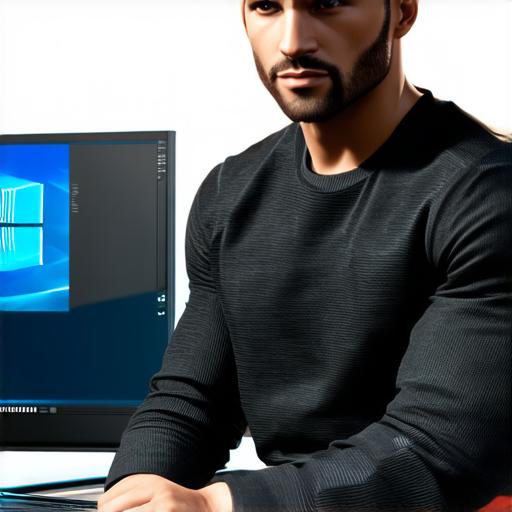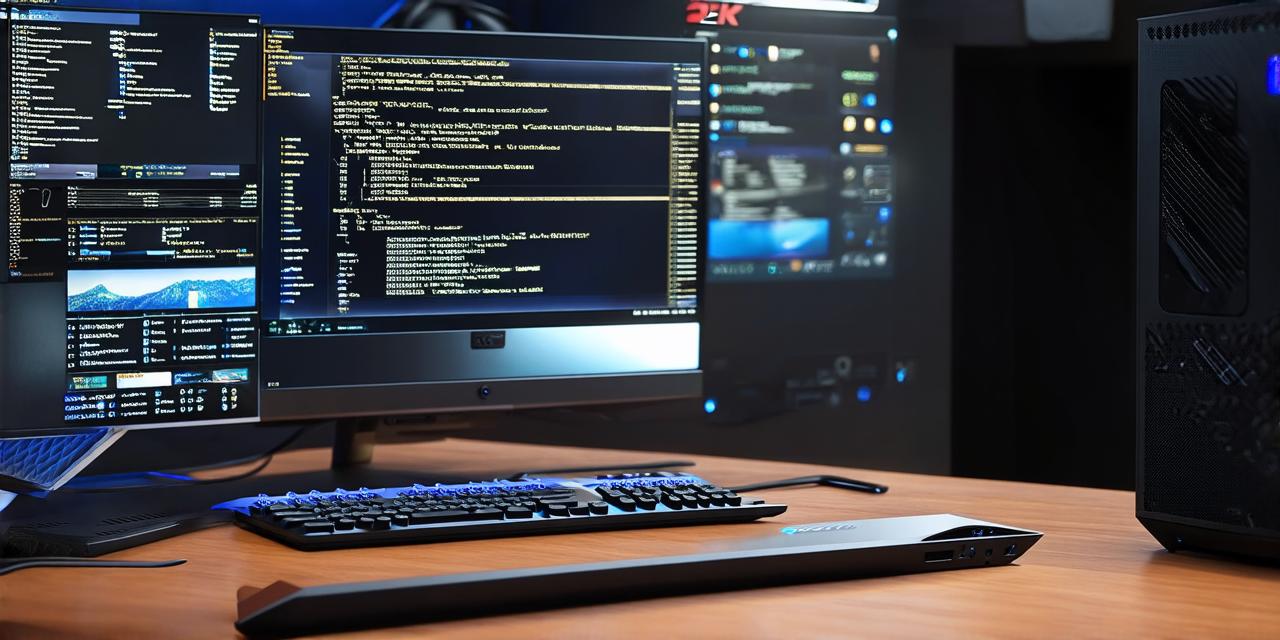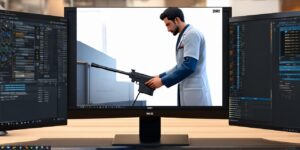As a game developer, you know that having the right tools can make all the difference in your workflow. When it comes to developing games with Unity, choosing the right PC is crucial to ensure smooth and efficient development.
1. Processing Power and RAM
One of the most important factors to consider when choosing a PC for Unity development is processing power and RAM. Unity requires a lot of computational power to run smoothly, especially when working with complex graphics and animations. You’ll want a PC with a powerful CPU and at least 8GB of RAM to ensure smooth performance.
2. Graphics Card
Another crucial factor to consider is the graphics card. Unity relies heavily on the graphics card for rendering, so you’ll want to choose a PC with a high-end graphics card that supports DirectX or OpenGL. Nvidia and AMD are both popular choices for gaming and professional applications.

3. Storage
Storage is also an important consideration when choosing a PC for Unity development. You’ll want to choose a PC with at least 512GB of solid-state drive (SSD) storage to ensure fast load times and smooth performance. If you plan on working with large files or projects, you may want to consider a PC with a larger hard drive as well.
4. Operating System
The operating system (OS) you choose can also affect your development experience. Unity supports both Windows and Mac OS, but Windows is the more popular choice among game developers. This is because Windows offers more tools and libraries for game development, as well as a larger user base.
5. Screen Size and Resolution
The screen size and resolution of your PC can also impact your development experience. You’ll want to choose a PC with a large screen (at least 1920×1080) to ensure you have enough space to work on your projects and view your game in real-time. A higher resolution screen can also help you see details more clearly, which can be especially helpful when working with complex graphics and animations.
6. Portability
If you plan on working remotely or traveling frequently, portability is an important consideration. You’ll want to choose a PC that is lightweight and easy to carry, as well as one that has a long battery life. Laptops are a popular choice for game developers who need to work on the go.
7. Budget
Finally, budget is an important factor to consider when choosing a PC for Unity development. While it’s tempting to choose the most powerful PC available, you don’t necessarily need the latest and greatest hardware to develop games with Unity. You can find high-performance PCs at a variety of price points, so it’s important to do your research and find one that fits your budget.
In conclusion, choosing the right PC for Unity development requires careful consideration of several key factors. By taking into account processing power and RAM, graphics card, storage, operating system, screen size and resolution, portability, and budget, you can find a PC that meets your needs and helps you create the games you’ve always dreamed of.


